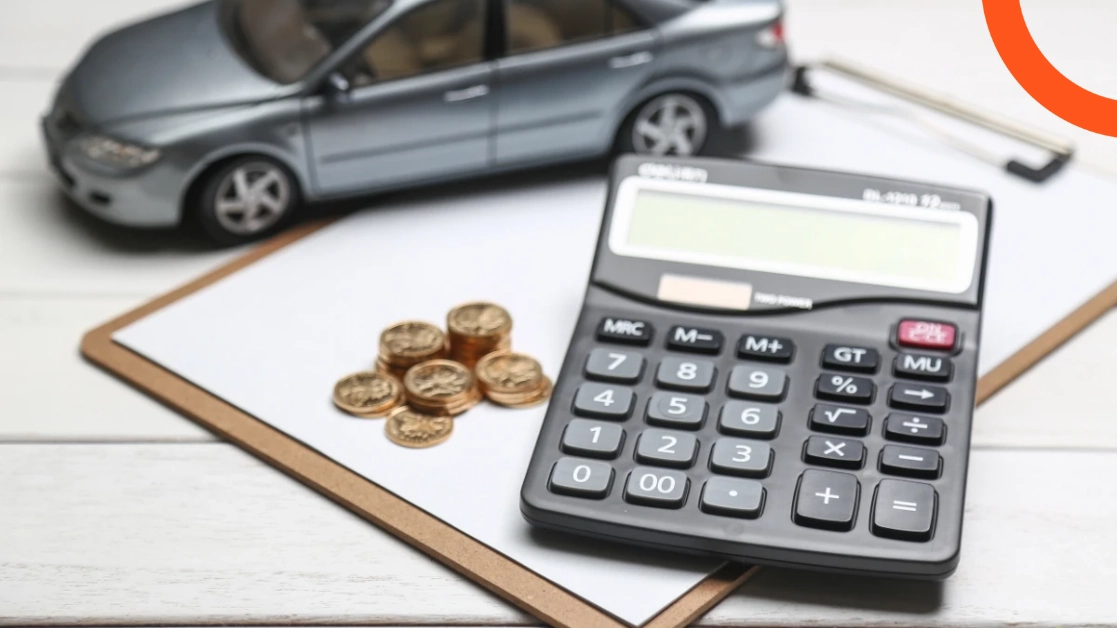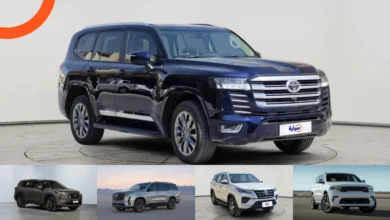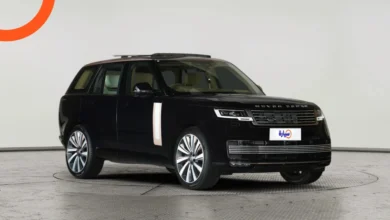Customs Calculation for Used Cars in Saudi Arabia
The importation of used cars to Saudi Arabia is witnessing wide interest from individuals looking for less expensive options or models not available locally. However, to understand the actual costs, one must be familiar with the method of calculating customs duties, taxes, and regulatory requirements in the Kingdom. In this article, we detail the steps for calculating customs duties on used cars, the required conditions, and the necessary documents.
Best Used Car Offers in Saudi Arabia
What is the added customs duty on cars in Saudi Arabia?
The basic customs duties on used cars are estimated at 5% of the total value of the car, which is determined by the approved customs regulations. If there are no official documents from the brand’s agent or if they are not trusted, the imposed customs duties are doubled.
Additionally, an annual discount of 10% is applied to the base value of the car based on its age, with a maximum total discount not exceeding 50%. After calculating the final value, a value-added tax of 15% is added to the total price, which is a mandatory tax on all goods imported into the Kingdom.
Factors affecting customs calculations
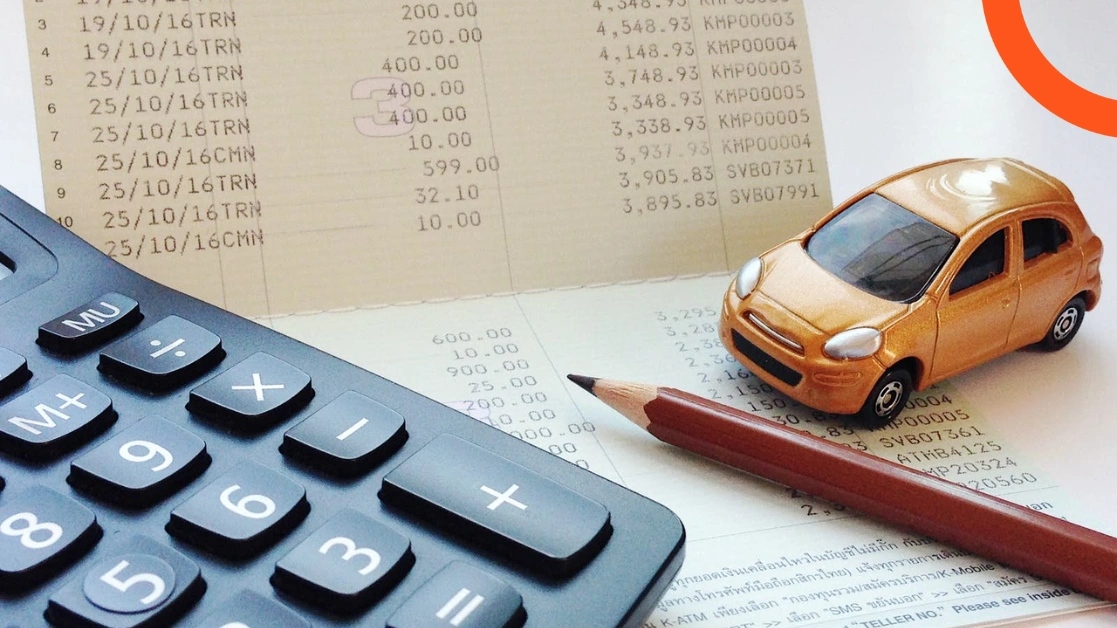
The customs duties vary depending on the car itself and some other aspects, and the most significant influencing factors are:
- Compliance with specifications: The car must comply with the approved specifications and standards in the Kingdom, especially regarding safety and fuel consumption.
- Year of manufacture: The year of the car plays an important role; the older the car, the higher the discount percentage on its value, but it also approaches the maximum allowed for import.
- Condition of the vehicle: Includes the overall condition of the car, the mileage, and whether it has been involved in recorded accidents or structural damages.
How to calculate customs for used cars in Saudi Arabia
The total cost of importing a used car to Saudi Arabia can be calculated. The method of calculating customs for cars in Saudi Arabia, especially used vehicles, comes with a set of regulations and steps that must be followed to achieve the desired result:
- Determine the base value of the car according to the approved regulations.
- Apply the annual discount on the car’s value of 10% for each year since the date of manufacture (up to a maximum of 50%).
- Calculate the customs fees at 5% of the reduced value (or double it in the absence of official documents).
- Add a value-added tax of 15% to the resulting amount.
Example:-
A used car with an original value of 100,000 Riyals, aged 3 years.
Discount: 30% = 70,000 Riyals
Customs: 5% = 3,500 Riyals
Total: 73,500 Riyals
Added Tax: 15% = 11,025 Riyals
Final Total: 84,525 Riyals
Conditions for importing used cars in Saudi Arabia
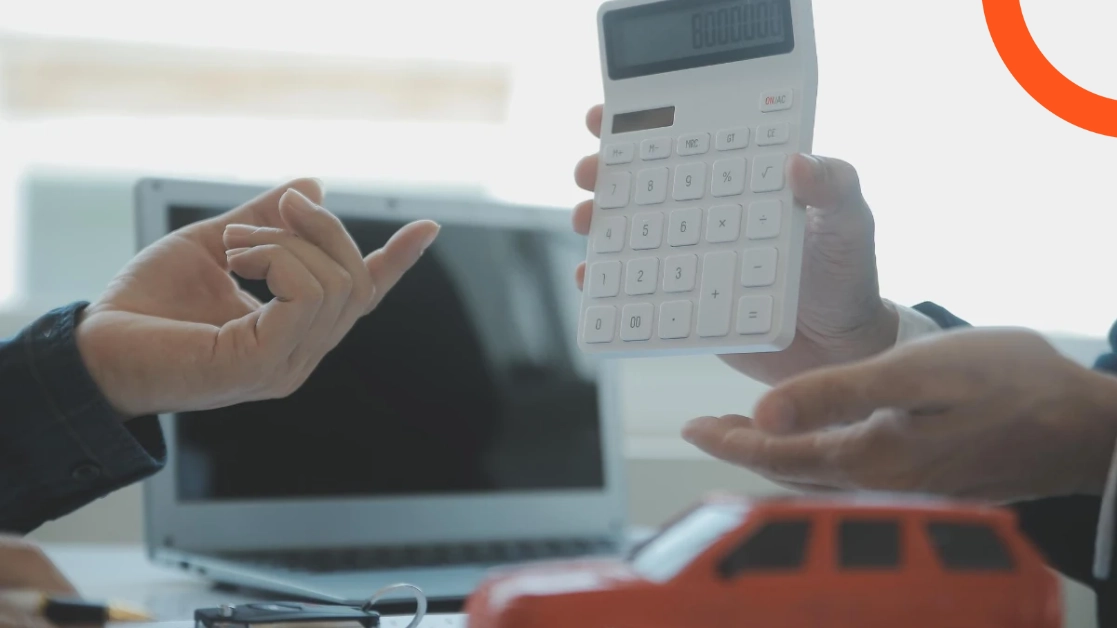
The General Authority of Zakat and Tax has set a number of regulations that must be met with several conditions for importing a used car, including:
- The car’s age must not exceed 5 years for passenger and private trucks weighing no more than 3.5 tons.
- Large trucks are allowed to be imported up to 10 years of age.
- The car must comply with Saudi specifications and fuel efficiency standards.
- Importing police cars or taxis is not allowed.
- The vehicle must not have been involved in major accidents, such as fire or collisions that affect safety.
- A car is considered “used” if it exceeds a mileage of 1,000 kilometers.
Documents and papers required
When importing a used car, the following documents must be prepared:
- Copy of the passport.
- Proof of car ownership.
- Compliance certificate from the Saudi Standards Authority (such as SASO certificate).
- Visa page and residence page for expatriates.
Exemptions and reductions
Hybrid cars benefit from exemptions or reductions that vary by country. In Saudi Arabia, they may receive partial exemptions from customs fees or table fees as part of government efforts to support electric and hybrid vehicles. Still, it is necessary to consult the relevant authorities to confirm the actual exemption rates upon import.
Frequently Asked Questions
Is there a tax on used cars?
Yes, a value-added tax of 15% is applied to imported used cars, along with customs fees of 5% of the car’s value after the discount.
What are the exemptions from the tax?
According to Article 260 of the Saudi General Tax Law, some vehicles such as those prepared for public transportation, vehicles with a loaded weight of over 3,000 kg, and taxis under certain conditions are exempted from the tax.
What is the maximum age for imported cars?
Cars with a model not less than 2017 are allowed to be imported, meaning the maximum age for a car at import is 8 years for small cars. As for trucks weighing over 3.5 tons, they can be imported up to 10 years of age.
Can I import a car from the UAE or America?
Yes, you can import cars from the UAE, America, or other countries, provided you have the necessary documents such as proof of car ownership (like the export certificate from the UAE), national ID for citizens, or residence permit for expatriates, and the car must comply with the Saudi specifications regarding safety and efficiency.
What is the difference between customs for regular and hybrid cars?
Customs for regular used cars in Saudi Arabia are calculated based on engine capacity, reaching up to 100% of the original car’s value, in addition to development and table fees ranging from 3% to 30%. For hybrid cars, they are often granted exemptions or partial duty reductions under the Kingdom’s initiative to support environmentally friendly vehicles.
Tips before importing a used car
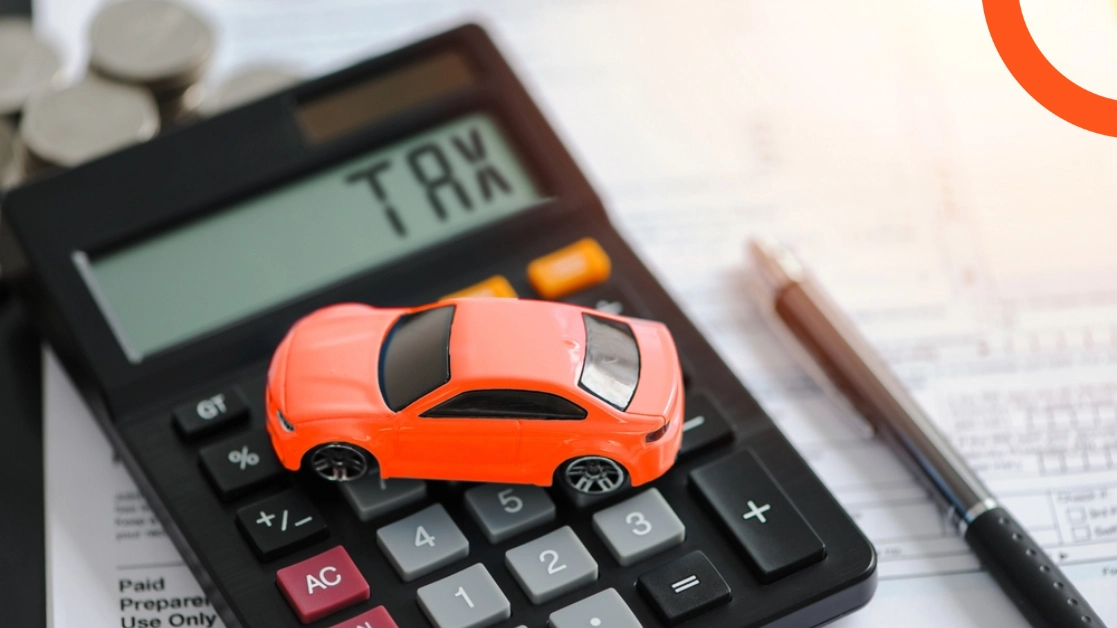
Before proceeding to import a used car to Saudi Arabia, it is essential to have a clear and comprehensive understanding of the requirements, costs, and potential risks. By following a set of practical tips, you can avoid many problems and save time and money. Here are the most important tips that it is advised to review and implement:
Check the car’s compliance with fuel economy standards
Ensure before purchasing that the used car meets the fuel economy standards approved in Saudi Arabia to avoid its rejection upon entry into the Kingdom. You can utilize the Energy Efficiency Card issued by the Authority, which is an awareness tool that allows for easy comparison of energy consumption between cars and is used as part of the requirements for issuing the license after verifying the car’s compliance with approved specifications and technical regulations.
Check the allowable age for the car
Ensure that the car’s age does not exceed 5 years from the production date, except for trucks and vehicles with special exemptions.
Ensure compliance with Gulf specifications
The car must comply with the specifications of the Saudi Standards and Metrology Authority, especially regarding emissions and fuel consumption.
Know the required documents in advance
Prepare all documents such as the certificate of origin, invoice, ID, and shipping documents, before beginning the clearance process.
Inspect the car upon arrival before paying the full fees
Check the car’s condition when it arrives at the port to avoid paying fees for a damaged or non-compliant vehicle.
In conclusion, importing used cars to Saudi Arabia requires precise awareness of customs details, taxes, and requirements. While used options may be more economical or offer rare models, adherence to Saudi standards and provision of necessary documents play a crucial role in avoiding double fees and delays. Understanding the difference between customs duties on regular and hybrid vehicles, as well as potential exemptions, can make a significant difference in the final cost. Thus, careful planning and consultation with reliable sources are always recommended before initiating the import process to ensure a smooth experience that complies with regulations.
